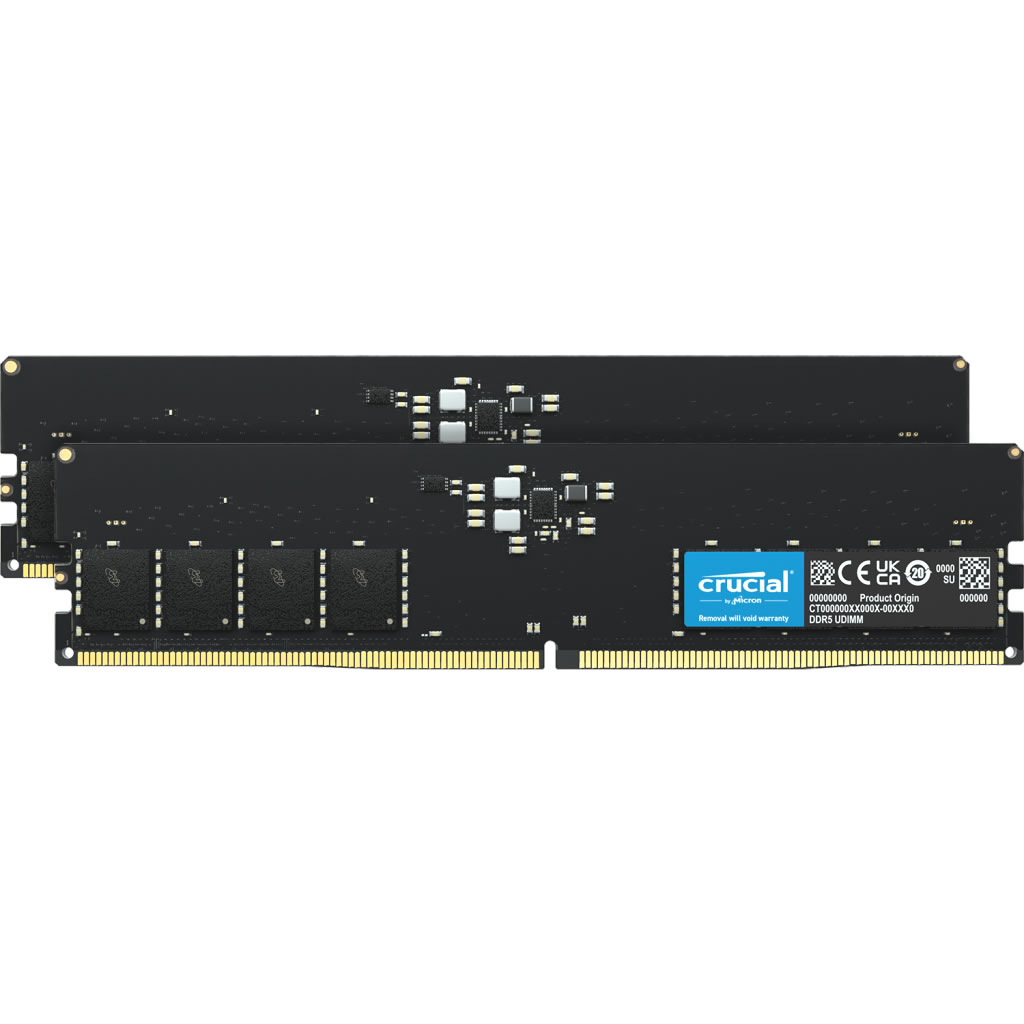Update : So after thinking through the advice on this board and doing some further research here's my final spec :
CPU : Intel i7-12700K
Mobo : MSI PRO Z690-A DDR5 WiFi
Cooler : ARCTIC Liquid Freezer II 360 ARGB
Storage : Samsung 980 Pro 1Tb
Memory : Corsair Vengeance DDR5 6000Mhz C36 1.35v
Case : NZXT H7 Flow, Black
PSU : Corsair RM850x 80 PLUS Gold
My reasoning for going DDR5 after all the talk is that it's pretty obvious DDR4 is being phased out (more and more of the DDR4 components I was looking up were being marked as End Of Life) so the question was what's the price differential. The MSI Pro Z690-A is available in multiple configurations but, surprisingly, there is nearly no cost difference between the DDR4 and DDR5 versions. So the question was what's the difference in price between the actual memory. It came in at £150 if I went for the a higher spec than I'd originally planned which, given the savings on the other components versus my original costings, was completely accceptable. The DDR5 6000Mhz will give significant performance improvements over everything DDR4 can throw at it, and will have far better resale valuee if I decide to go for even better performing memory down the road.
Once I had taken some prices for all the above and spreadsheeted them the sum came to £1,337. I'm not superstitious but that has to be a good sign, right?






